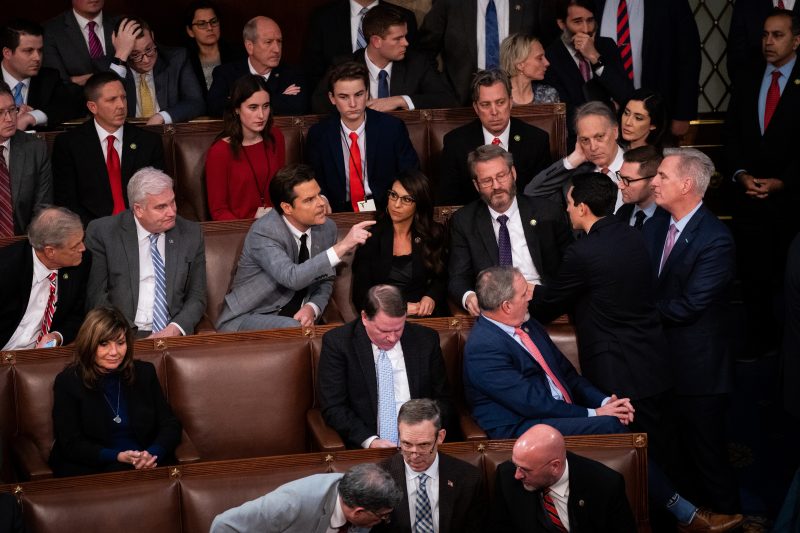As the deadline for Congress to pass a spending bill loomed, Republicans have been doing all they can to avoid the blame for a shutdown. Acknowledging the increase in spending that President Trump asked for, and their limited ability to control the spending, Republicans worked up to the last minute in hopes of a deal that both sides could agree to.
House Speaker Paul Ryan and Senate Majority Leader Mitch McConnell tried to bridge the funding gap between the partisan sides while still appeasing the president’s demands. Conservative House Freedom Caucus members opposed the deal insisting on cuts that Democrats, and especially Senate Democrats, would not accept. In the end, the two sides failed to find an agreement and the government shut down.
The blame game began immediately with House Democrats pressing for a vote on a clean funding bill to reopen the government and Republicans demanding additional funding for increased border security, highlighting that a lot of individuals are still very much preoccupied with matters outside of the budget.
To further complicate matters, there have been reports that President Trump is leaning toward ending the Deferred Action for Childhood Arrivals (DACA) program in March. If that happens, the potential for the collision of a major immigration push by the president and the end of a continuing resolution could make a prolonged, or even more frequent, shutdowns more likely in the future.
The current shutdown has been characterized by the inability to come to a two-party compromise on economic and immigration policies that both sides can agree on. This highlights the worrying gridlock that continues to affect the legislative process in Washington. Despite Republicans’ best efforts to minimize the consequences and take the heat off of them and the president, they have been the ones to get the blame as the clock ran out.































